What is URSL(Ureteroscopic lithotripsy)?
Ureteroscopic lithotripsy is a minimally invasive procedure used to diagnose and treat kidney and ureteral stones. The procedure involves inserting a thin, flexible scope (ureteroscope) through the urethra and bladder to access the urinary tract. URSL indications include treating urinary stones, relieving urinary obstruction, and preventing recurrent stone formation. This procedure aims to provide accurate diagnosis and treatment with minimal discomfort and faster URSL recovery.
Types of Kidney Stone Treatments:
- Diagnostic Ureteroscopy: This technique is used to visually inspect the urinary tract and diagnose various urinary stone conditions.
- Operative Ureteroscopy: Allows for therapeutic procedures such as stone fragmentation, removal, or stent placement during the ureteroscopy.
- Flexible Ureteroscopy: Utilizes a flexible ureteroscope to navigate through the urinary tract, especially suitable for complex stone cases or narrow passages.
- Laser Lithotripsy: Laser kidney stone removal is utilized during ureteroscopy to fragment urinary stones into smaller pieces, facilitating their removal.
- Stent Placement: In cases of urinary obstruction or after stone treatment, ureteral stents may be placed, referred to as the ureteral stenting or URSL DJ stenting procedure, to promote urine flow and prevent complications.
| Procedure Name | Ureteroscopic Lithotripsy (URSL) |
|---|---|
| Type of Surgery | Minor to Moderate |
| Type of Anesthesia | General or Local |
| Procedure Duration | 30 to 45 minutes |
| Recovery Duration | A few days to a few weeks |
Ureteroscopic Lithotripsy (URSL): Pre-Op & Post-Op Care
Preparation for Ureteroscopic lithotripsy
Before the procedure, patients undergo comprehensive evaluations, including imaging studies and blood tests, to confirm the diagnosis and plan the treatment.
During the URSL Procedure
The ureteroscope is inserted through the urinary tract to access the site of the urinary stone. The surgeon performs stone fragmentation or removal using specialized instruments and techniques.
Duration
The duration of URSL surgery typically ranges from 30 to 45 minutes, depending on the complexity and size of the stone(s) treated.
URSL Recovery
After surgery, patients are monitored closely for a few hours before being discharged. Post-operative instructions cover pain management, hydration, and activity restrictions.
Follow-up Care
Patients return for follow-up appointments to monitor stone clearance, assess kidney function, and ensure no complications. Further treatment or preventive measures may be recommended based on the findings during URSL
Benefits of Ureteroscopic Lithotripsy (URSL) at Yashoda Hospitals
- Provides accurate diagnosis and treatment of urinary stones.
- Minimally invasive with shorter recovery time compared to traditional surgery.
- Can be tailored to treat stones of various sizes and locations within the urinary tract.
- Addresses urinary obstruction and prevents recurrent stone formation.
- Reduces the need for open surgery or prolonged hospitalization.





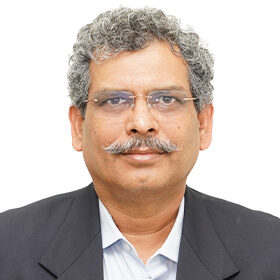





















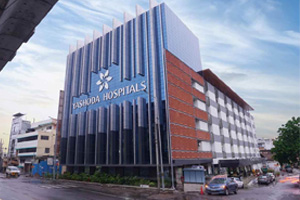
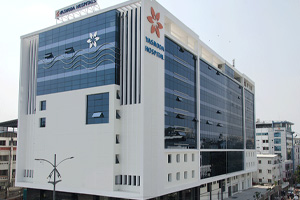
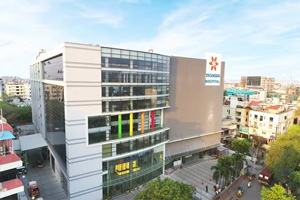
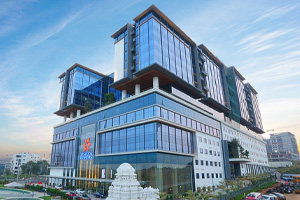
 Appointment
Appointment WhatsApp
WhatsApp Call
Call More
More